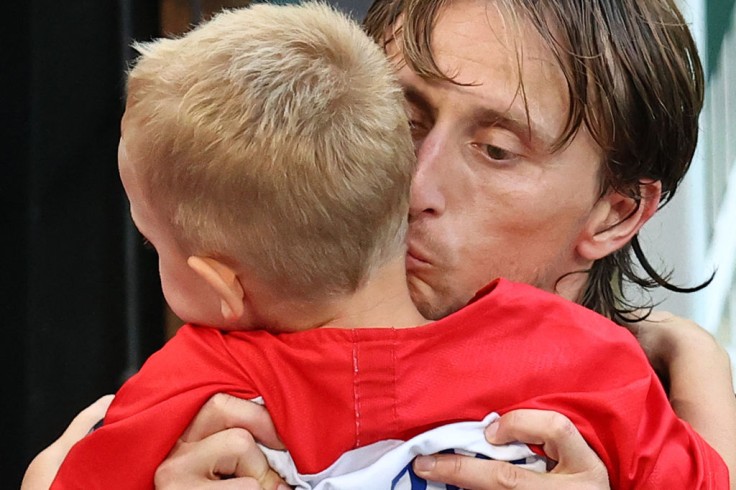
If raising kids is challenging for most parents, then those who are separated or divorced may find parenting together an impossible task. But the collaboration between two homes can work well if both parents acknowledge that they have to muster more patience and focus on their main goal -- their kids.
Here are 4 effective ways to get along and have an easy co-parenting arrangement with an ex:
1. Use the 24-Hour Approach
Destini Davis, who promotes peaceful parenting on social media, uses the 24-hour approach before she says anything about her ex's co-parenting style. This means sitting on a sore issue for a full 24 hours before raising this to the other parent.
Read Also : Shaquille O'Neal Reveals His True Sentiments Over Kanye West and Kim Kardashian's Parenting Issues
She said it works for parents who are confrontational as the 24-hour window will help them assess if the issue is really worth the discussion. Davis added that some issues might "feel like a big deal" that could dissipate later in the day.
Katy Daly, who created the parenting app Amicable, has a piece of similar advice for divorced or separated parents. She said they should pick their battles carefully, be ready to "look the other way," and avoid demanding from the other parent regarding their co-parenting style.
2. Go for Constructive Resolutions
Daly also said that co-parents should choose constructive resolutions to their issues. This means communicating in a calm manner whether it's in-person, during phone calls, or through emails or text, and messages on social media. Some conversations are better conducted face-to-face so there will be no misinterpretations and the parents can clarify with each other.
If the conversation becomes overwhelming, then it might be good to pause and take a break unless it's an emergency situation. Use fewer statements pertaining to "I" as the other parent might take it as accusatory. According to clinical psychologist Daniel Lobel, conversations between co-parents should be pragmatic and should not involve the parents' emotions for each other.
Focus and advocate on the issues that directly affect the child and hold off on the name-calling, sarcasm, curses, or passive-aggressiveness as this will just incite more tension and anger. If there are disagreements, don't take them personally and maintain respect for each other.
3. Work on Healing Yourself
Family therapist and marriage counselor Dr. Juliana Morris said that combative co-parents need to work on healing themselves and move on from the failed relationship. But a co-parent who is happy will be more focused and selfless in his or her intentions for the kids.
Forgiveness is also part of the healing process, which will allow co-parents to be flexible and understanding, instead of difficult. If one parent may seem to be hogging the child's time with other activities - like sports practices, ballet lessons, music lessons - realize that this is for the benefit of the child's growth and development.
4. Always Be There for the Kids
Children want both parents to be present for their milestones and big moments. They expect and trust their parents to set aside any issues and be there for their birthdays, recitals, or school plays.
Good co-parents will not place their ex-partners in the uncomfortable position of having to explain to the child why mom or dad was not able to make it.